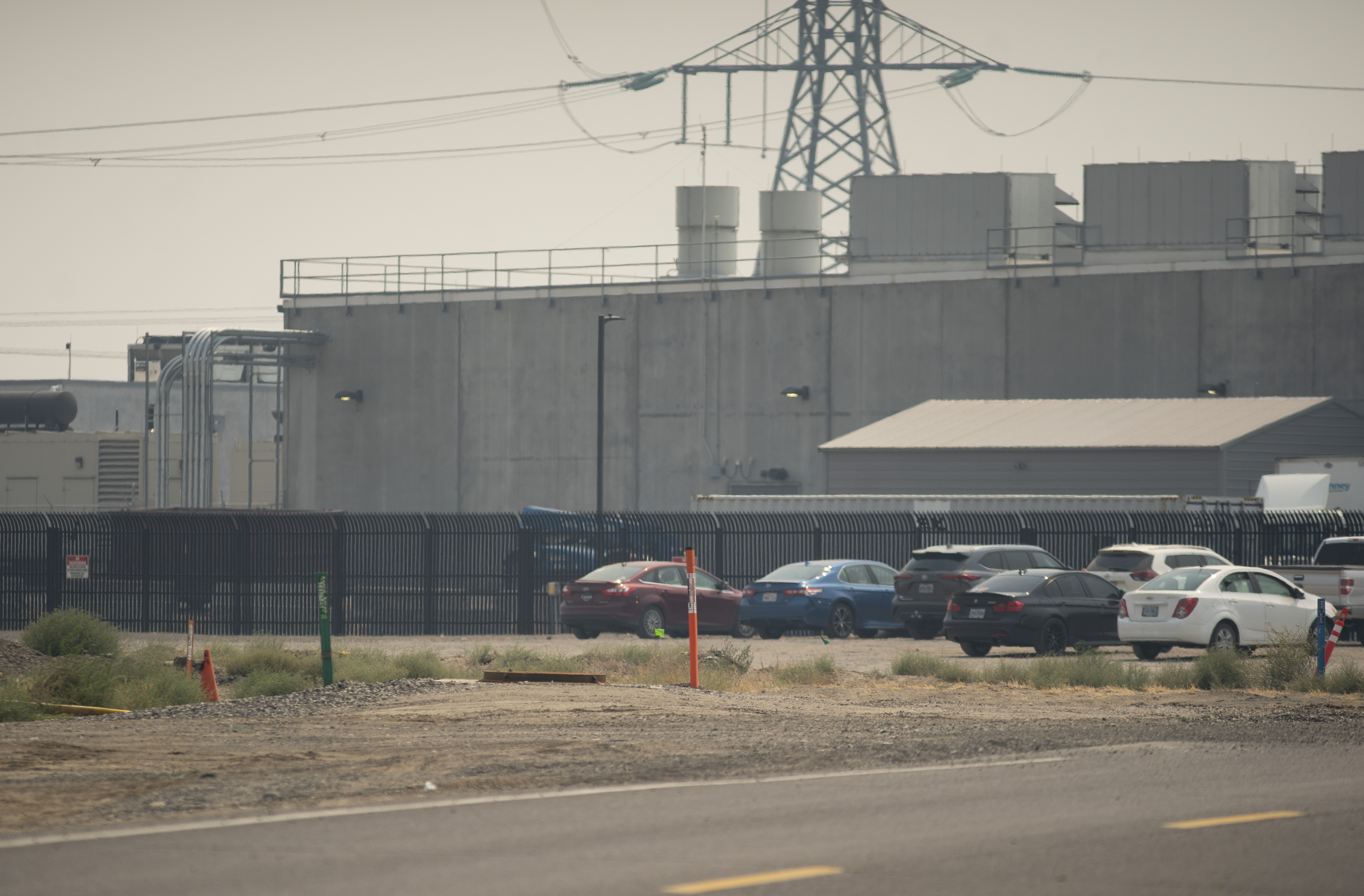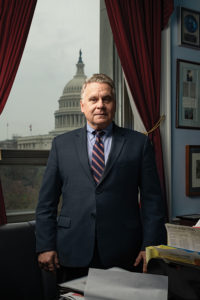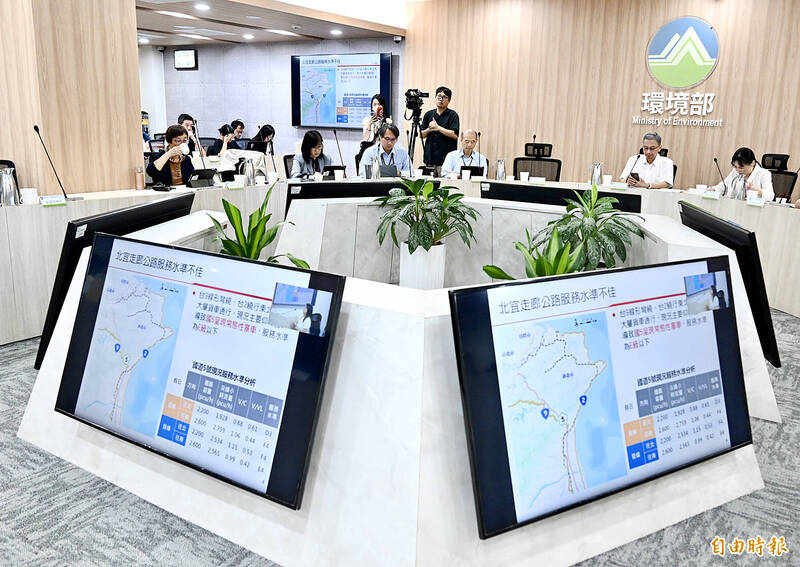
The University of Sydney Ranked Among Top Universities in the World for Sustainable Development

The University of Sydney has once again been recognized as one of the leading universities worldwide for driving positive environmental and social change. In the second edition of the QS World University Rankings: Sustainability 2024, the University secured the seventh position globally and emerged as the top-ranked institution in Australia. This prestigious ranking evaluates 1,403 institutions globally, including 37 from Australia, marking a significant increase from last year’s 700 institutions.
Emphasis on Sustainable Development Goals (SDGs)
The QS World University Rankings: Sustainability 2024 assesses universities based on their research, teaching, and community engagement in addressing the world’s most pressing environmental, social, and governance challenges. The University of Sydney’s commitment to sustainable development is reflected in its top rankings across various categories.
Social Impact
The University of Sydney secured the first position globally for Social Impact, demonstrating its significant contributions to society. Notably, it achieved a perfect score of 100 points on the Impact of Education indicator, highlighting its exceptional educational initiatives that drive positive change.
Governance
This year, Governance was introduced as a new category in the rankings. The University of Sydney showcased its strong governance practices and secured the first position in Australia. Its commitment to responsible environmental practices and good governance played a crucial role in achieving this recognition.
Environmental Impact
In the overall Environmental Impact category, the University of Sydney ranked 15th globally. It also achieved top 20 rankings for indicators such as Equality (12th), Employability and Outcomes (16th), and Environmental Education (18th). These rankings highlight the University’s efforts in promoting equality, fostering employability, and advancing environmental education.
Professor Mark Scott, Vice-Chancellor and President of the University of Sydney, expressed his congratulations to the staff for their outstanding performance in the QS sustainability rankings. He emphasized the University’s global commitment to sustainability through research, teaching, responsible environmental practices, and good governance.
Professor Emma Johnston, an environmental scientist and Deputy Vice-Chancellor (Research) at the University of Sydney, highlighted the significance of the rankings in recognizing the University’s diverse research addressing sustainability. She mentioned recent examples of the University’s research, including assessing the global cost of climate inaction, implementing a pathway to net-zero emissions, developing sustainable alternatives, and advancing energy-efficient technologies.
Sustainability Strategy
The University of Sydney’s Sustainability Strategy focuses on three key areas: enriching lives through research and education, enabling resilient places and a responsible footprint, and empowering good governance and coordination. These areas are supported by a committed Caring for Country approach. The University’s campuses are powered by 100 percent renewable electricity, further demonstrating its commitment to sustainable practices.
In line with its dedication to sustainability, the University of Sydney introduced a new Sustainability Major that explores diverse perspectives on sustainability. This major equips students with the knowledge and skills to address complex sustainability challenges.
The University’s remarkable achievements in sustainability come alongside its overall excellence in global university rankings. In the 2024 QS World University Rankings, which assess universities based on various categories including employment outcomes and academic reputation, the University of Sydney secured the 19th position globally, jumping 22 places from the previous year.
SDGs, Targets, and Indicators
1. Which SDGs are addressed or connected to the issues highlighted in the article?
- SDG 4: Quality Education
- SDG 5: Gender Equality
- SDG 7: Affordable and Clean Energy
- SDG 8: Decent Work and Economic Growth
- SDG 9: Industry, Innovation, and Infrastructure
- SDG 10: Reduced Inequalities
- SDG 11: Sustainable Cities and Communities
- SDG 12: Responsible Consumption and Production
- SDG 13: Climate Action
- SDG 17: Partnerships for the Goals
The article discusses various sustainability-related issues, including education, social impact, environmental impact, governance, climate change, renewable energy, waste management, and sustainable development goals. These issues are connected to multiple SDGs.
2. What specific targets under those SDGs can be identified based on the article’s content?
- SDG 4.7: By 2030, ensure that all learners acquire the knowledge and skills needed to promote sustainable development.
- SDG 5.5: Ensure women’s full and effective participation and equal opportunities for leadership at all levels of decision-making in political, economic, and public life.
- SDG 7.2: By 2030, increase substantially the share of renewable energy in the global energy mix.
- SDG 8.4: Improve progressively, through 2030, global resource efficiency in consumption and production and endeavor to decouple economic growth from environmental degradation.
- SDG 9.4: By 2030, upgrade infrastructure and retrofit industries to make them sustainable, with increased resource-use efficiency and greater adoption of clean and environmentally sound technologies and industrial processes.
- SDG 10.2: By 2030, empower and promote the social, economic, and political inclusion of all, irrespective of age, sex, disability, race, ethnicity, origin, religion, or economic or other status.
- SDG 11.6: By 2030, reduce the adverse per capita environmental impact of cities, including by paying special attention to air quality and municipal and other waste management.
- SDG 12.2: By 2030, achieve the sustainable management and efficient use of natural resources.
- SDG 13.3: Improve education, awareness-raising, and human and institutional capacity on climate change mitigation, adaptation, impact reduction, and early warning.
- SDG 17.16: Enhance the global partnership for sustainable development, complemented by multi-stakeholder partnerships that mobilize and share knowledge, expertise, technology, and financial resources.
The article highlights the University of Sydney’s efforts in achieving these targets through its sustainability initiatives and research.
3. Are there any indicators mentioned or implied in the article that can be used to measure progress towards the identified targets?
- Impact of Education indicator
- Equality indicator
- Employability and Outcomes indicator
- Environmental Education indicator
- Renewable electricity
- Climate mitigation planning
- Research on climate change, renewable energy, waste management, and sustainable development
The article mentions several indicators that can be used to measure progress towards the identified targets, such as the Impact of Education indicator, which the University of Sydney ranked number one globally. Other indicators mentioned include equality, employability and outcomes, and environmental education. The University’s use of 100 percent renewable electricity and its research on climate change, renewable energy, waste management, and sustainable development also serve as indicators of progress.
4. Table: SDGs, Targets, and Indicators
| SDGs | Targets | Indicators |
|---|---|---|
| SDG 4: Quality Education | 4.7: By 2030, ensure that all learners acquire the knowledge and skills needed to promote sustainable development. | Impact of Education indicator |
| SDG 5: Gender Equality | 5.5: Ensure women’s full and effective participation and equal opportunities for leadership at all levels of decision-making in political, economic, and public life. | Equality indicator |
| SDG 7: Affordable and Clean Energy | 7.2: By 2030, increase substantially the share of renewable energy in the global energy mix. | Renewable electricity |
| SDG 8: Decent Work and Economic Growth | 8.4: Improve progressively, through 2030, global resource efficiency in consumption and production and endeavor to decouple economic growth from environmental degradation. | Research on climate change, renewable energy, waste management, and sustainable development |
| SDG 9: Industry, Innovation, and Infrastructure | 9.4: By 2030, upgrade infrastructure and retrofit industries to make them sustainable, with increased resource-use efficiency and greater adoption of clean and environmentally sound technologies and industrial processes. | Research on climate change, renewable energy, waste management, and sustainable development |
| SDG 10: Reduced Inequalities | 10.2: By 2030, empower and promote the social, economic, and political inclusion of all, irrespective of age, sex, disability, race, ethnicity, origin, religion, or economic or other status. | Equality indicator |
| SDG 11: Sustainable Cities and Communities | 11.6: By 2030, reduce the adverse per capita environmental impact of cities, including by paying special attention to air quality and municipal and other waste management. | Research on climate change, renewable energy, waste management, and sustainable development |






